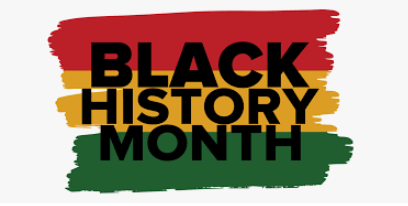Choir students shift focus during black history month

“Wade in the Water” is a spiritual with a heavy history, a song sung by Harriet Tubman leading slaves to freedom. This might seem like an unlikely choice for a choir of mostly white students, but for African-American students Amhad Madlock, Joshua Mitchell and Daniel Mitchell, it was a necessary one.
For the last week, the choir room looked a little different than normal. Instead of a typical rehearsal led by choir director Eliott Kranz, class was led by these three students. They started with a unique request: after putting the lyrics to different spirituals up on the board, they split up the class and said, “OK, sing us this song.”
After each section performed for the class, the students started a discussion about the history of the song in relation to the current racial tensions in America’s political climate. Student leader and junior Amhad Madlock said that this project has been in the works for a while.
“Early this summer, I came to Mr. Kranz to try and diversify our classroom music repertoire and do the same to the conversations we have. After lots of meetings, we brought in Daniel and Joshua, we decided music and it was uphill from there,” Madlock said.
Madlock said that the music was not the main purpose of this project. Instead, it was to encourage students of different races to listen to one another and try to understand racial disparities happening not only in the country, but in the school as well.
“Being the experienced group of musicians they are, they learned quickly and well. The ‘hard’ part was the conversations. Getting people to open up was a little rough in the beginning. It was necessary to create a loosely structured, comfortable enough environment,” Madlock said. “The goal was not only to broaden our choir’s musical palette, but to educate. This came through starting the hard conversation. In my mind there is no better place to do it. Music has a way of allowing people to open up and be honest and ready to learn. The only ‘obstacle,’ in my opinion, was the constraint of a class period. I think we could’ve gone on and on. I think some more people would’ve opened up.”
When the bell rang for the end of class each day, all the choir students remained sitting, listening to each other ask questions about the topic rather than rushing out to their next class like usual. For Madlock, the in class conversations are just the beginning of necessary change at the high school.
“In order to reduce racism at CF, we have to have uncomfortable conversations. You can put as many numbers and stats in a person’s face as you’d like—yell, kick, punch and scream—but the only way to normalize conversations of race and the issues that come with it are to start having them,” Madlock said. “I think we have a long way to go, and we start to make that way longer, when we neglect issues and don’t have conversations.”









You must be logged in to post a comment Login